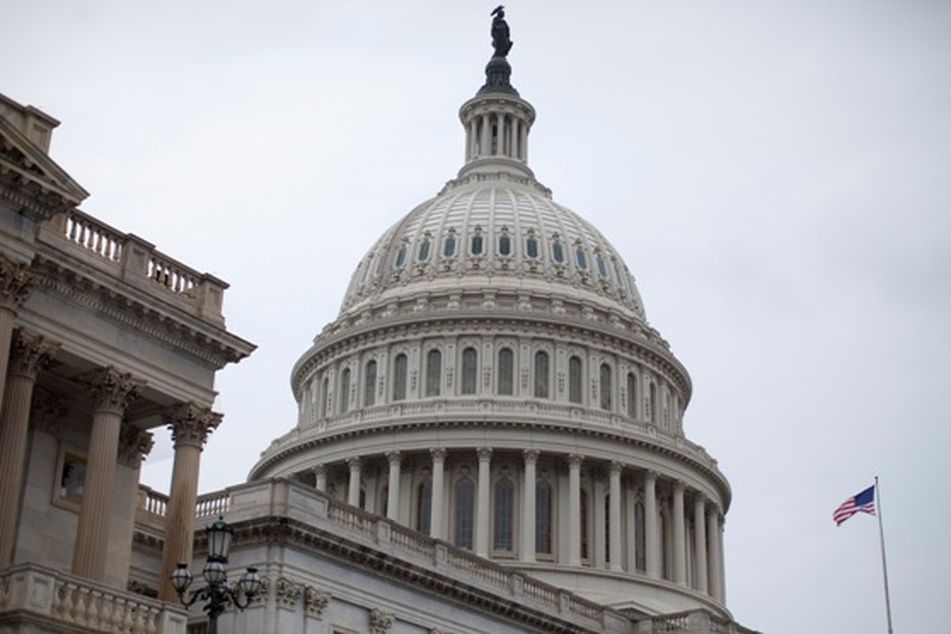Securities lending in 401(k)s comes under heavy fire

Government studies show employees, bosses often unaware of practice; does it boost returns or not?
The Senate Special Committee on Aging and the Government Accountability Office have called upon the Labor Department to give employers guidance on securities-lending activities that are taking place within retirement plans.
A pair of reports released today by the committee and the GAO revealed that securities lending within real estate, money market and stable-value investment options in 401(k) plans kept plan sponsors and participants locked into the funds and subjected them to losses amid rocky markets in 2007 and 2010.
Mutual fund companies can lend securities to other parties in return for cash collateral that they can reinvest to obtain greater returns for participants. Though employees can pocket some gains from the practice, they are also exposed to investment losses.
But Allison Klausner, assistant general counsel for benefits at Honeywell International Inc., told the committee Wednesday that barring the practice could harm workers. “If actions are taken to prohibit fiduciaries from offering securities-lending funds in defined-contribution plans, plan participants and retirees may lose valuable opportunities, now and in the future, as they strive to achieve retirement security,” Ms. Klausner said.
That may be. But the GAO found that plan sponsors and participants may be unaware that 401(k) plans are engaged in securities lending. The government watchdog also pointed out that the arrangement involves asymmetrical returns because plan participants share the gains but bear all the losses from cash collateral pool investments. This happened during the recession, when “risky assets in the cash collateral pool lost value and were difficult to trade,” the GAO report said.
“The economic downturn showed us securities lending is not a free lunch,” said Sen. Herb Kohl, D-Wis., chairman of the committee on aging. “The banker always wins.”
As a result, the group and the committee called on the DOL to require plan sponsors to give participants information about securities lending in their investment plan options and issue guidance to employers on the information they ought to seek from service providers.
In return, the DOL said it would consider amending a regulation to require enhanced disclosure on securities lending to plan fiduciaries, but it declined to amend its participant disclosure regulation to include more information.
The committee on aging surveyed 30 of the largest 401(k) plans and found that all of them had at least one investment option that participated in securities lending between 2006 and 2010. Five of those employers stopped offering those options by 2010, pointing to the credit crisis, low returns on collateral reinvestments and liquidity restrictions. Eleven of the surveyed plans said they were restricted from withdrawing investment options involved in securities lending.
Funds locked down withdrawals from plan sponsors and participants when their investment holdings lost value, even among supposedly safe investments, such as money market and stable-value funds, according to the GAO.
Plan sponsors and participants were locked out of the Reserve Primary money market fund when it broke the buck Sept. 16, 2008, after some $785 million in Lehman Brothers Holdings Inc. debt holdings defaulted, and hit employees and others with a 3% loss. Other money market funds had to get help from the Treasury and Federal Reserve Board in order to manage the losses and calls for redemptions.
But Steven Meier, chief investment officer for global cash management at State Street Global Advisors, asserted that securities lending “can play a key role in the development of a balanced investment program for professionally managed retirement plans. If participants chose to invest in a plan option that engages in securities lending, the investment portfolio can earn additional incremental income.”
Sen. Bob Corker, R-Tenn., ranking member of the Special Committee on Aging, cautioned against “overregulating” securities lending.
“More disclosure isn’t always better,” Mr. Corker said. “But more-meaningful disclosure could be very good.”
Learn more about reprints and licensing for this article.






